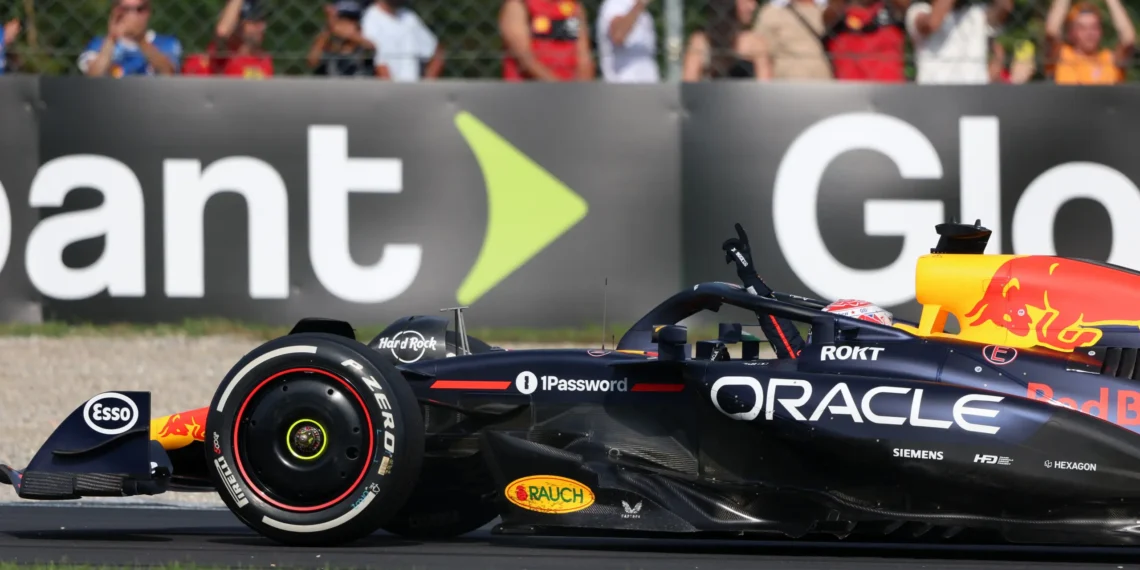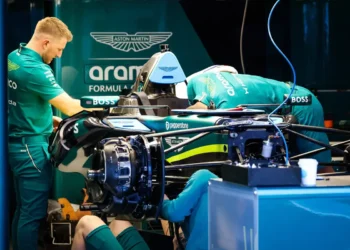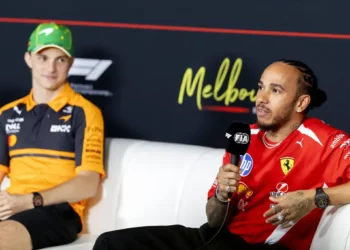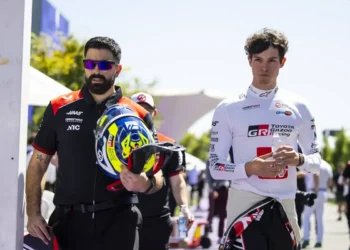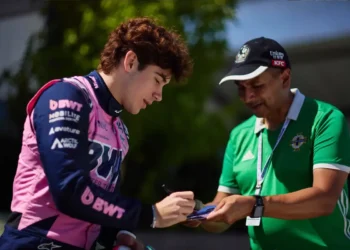Max Verstappen Ignites Controversy: F1 Must Ditch Hefty Cars for a Return to Lighter Machines!
In a bold and provocative statement, Max Verstappen, the reigning Formula 1 champion, has called for a dramatic shift in the sport’s approach to car design. As we gear up for a new regulatory era in the 2026 season, Verstappen insists that it’s time for Formula 1 to look back—way back—to the nimble machines of the late 2000s and early 2010s. With the sport poised for radical changes, the question remains: will F1 heed his passionate plea?
Next season promises a seismic overhaul with new regulations set to transform chassis and power unit designs. The introduction of smaller cars, advanced active aerodynamics, and a balanced combustion-electric engine split could redefine the racing landscape. Yet, Verstappen argues that these changes are not enough! He believes that the heart of the issue lies in the weight of the current cars, which have ballooned over the years, making overtaking a daunting challenge and racing less exhilarating.
“What is the most important is lighter cars, smaller cars,” declared Verstappen emphatically. He reminisced about a time when F1 engines were naturally aspirated V8s, and cars were around 180kg lighter than those seen today. “At the moment, the engines are super efficient, but they are also quite big,” he lamented, pointing to how larger components lead to longer cars requiring more cooling, ultimately compromising the racing spectacle.
The four-time world champion’s vision is clear: a return to the agility and excitement of yesteryear’s vehicles could revive the thrill of racing that has diminished in recent seasons. However, he admits that he lacks the authority to implement these ideas. “But at the end of the day, I’m not the one deciding,” he noted, leaving fans to wonder if the powers that be will listen to his passionate insights.
Adding to the intrigue is Verstappen’s own team, Red Bull Racing, which is set to unveil its in-house power unit next season after years of relying on Honda’s expertise. The impending transition raises questions about Red Bull’s competitiveness in 2026—especially when faced with the might of Mercedes, which boasts one of the strongest engines on the grid.
Verstappen is cautious yet optimistic about the future. “It’s a big question mark, for sure, but honestly I think there are not many people that can say right now, ‘yes, we are going to be really, really good’,” he confessed. With so many uncertainties lingering, including the intricate integration of the new engine and car dynamics, the first few races of the new season promise to be a rollercoaster of challenges and opportunities.
As the countdown to 2026 begins, Verstappen’s fervent call for lighter, more agile cars raises the stakes for the future of Formula 1. Will the sport’s decision-makers take heed of his visionary suggestions, or will we continue to watch the spectacle from the sidelines as racing becomes a battle of behemoths? One thing is for certain: the excitement is far from over!

